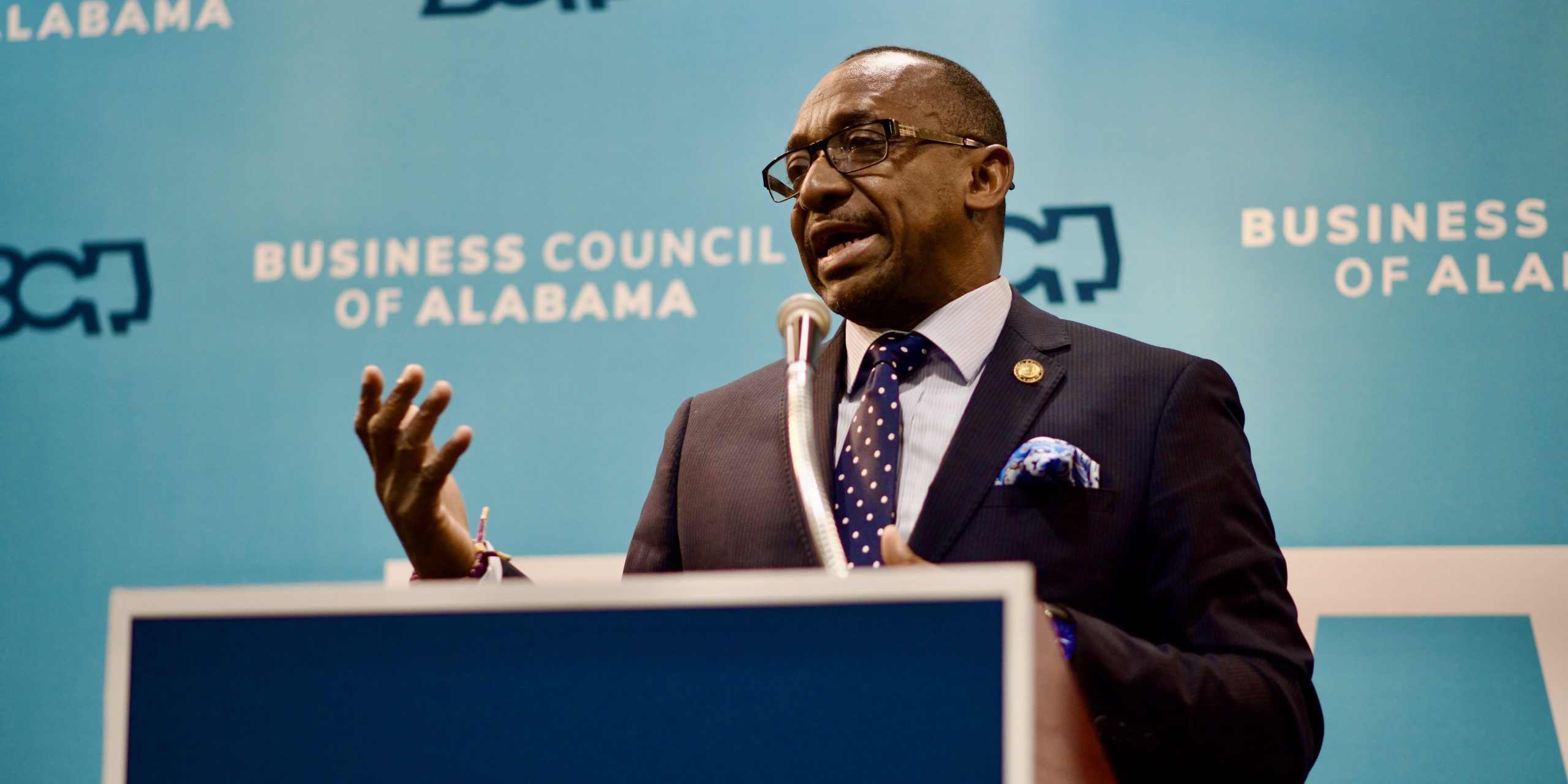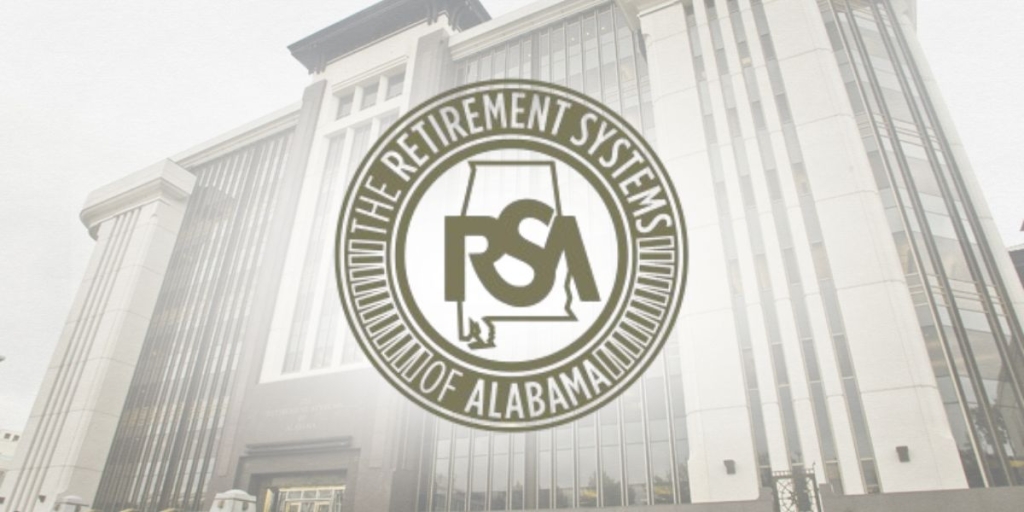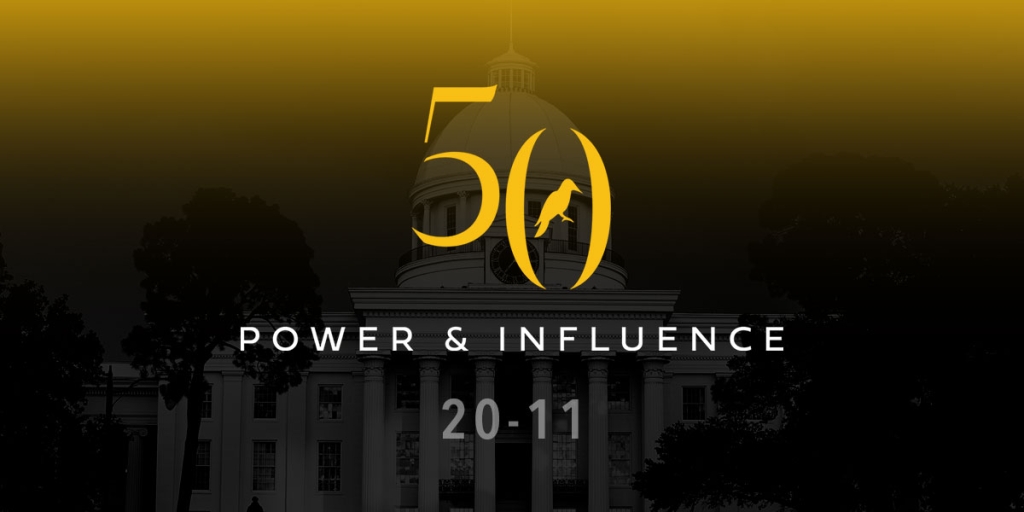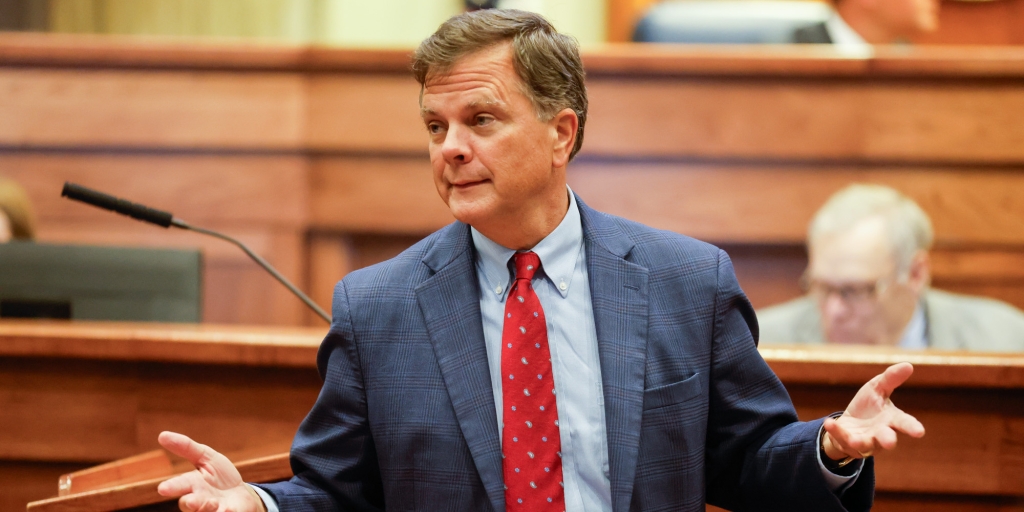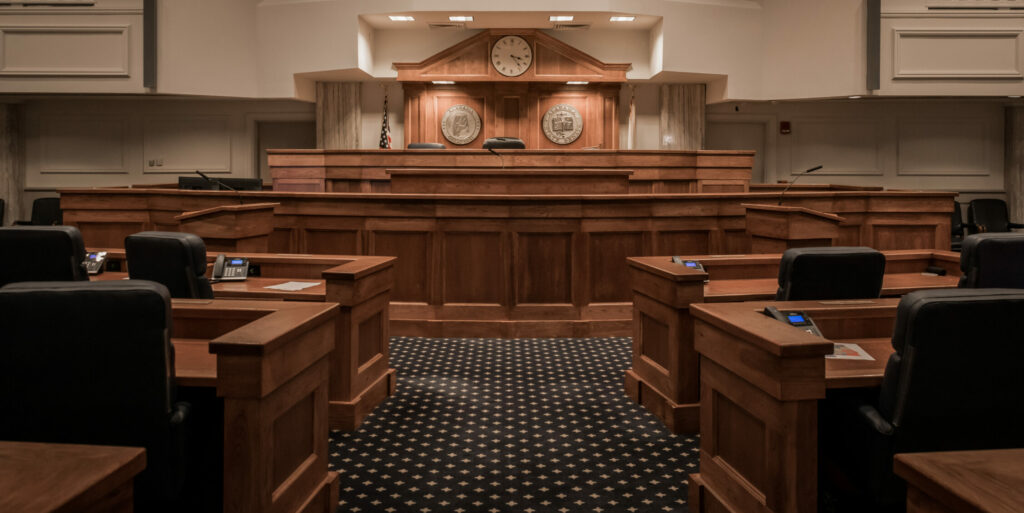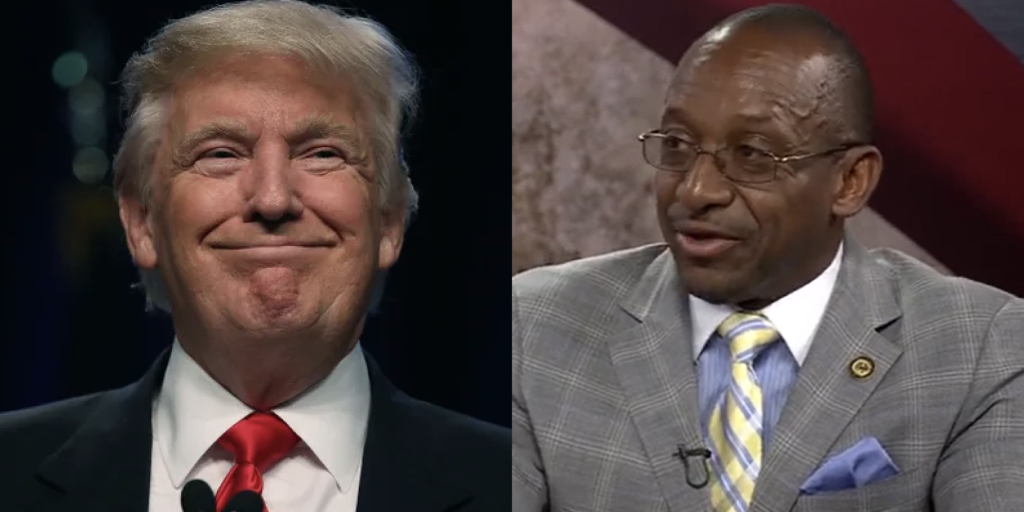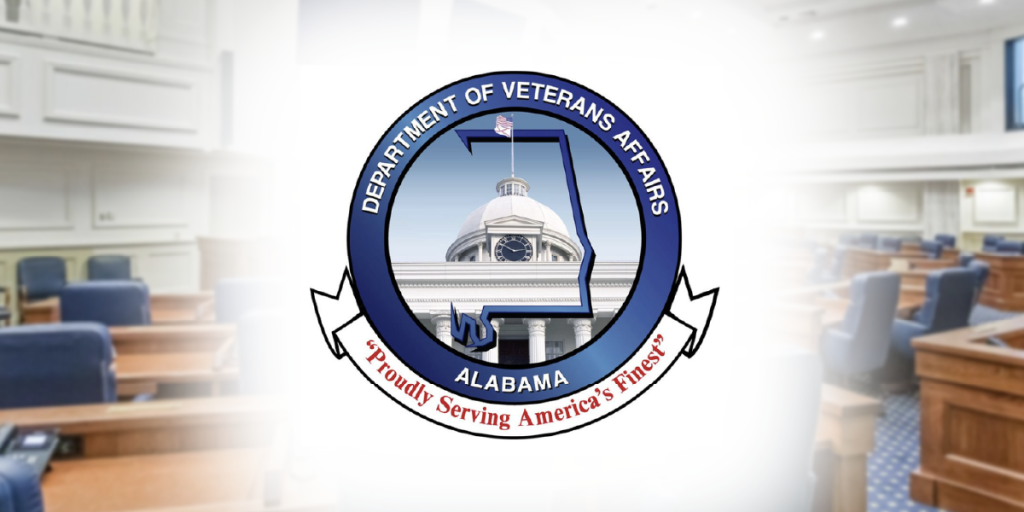In an address to the Business Council of Alabama (BCA) on Tuesday, State Senator and Senate Minority Leader Bobby Singleton outlined the necessity of comprehensive workforce development, equitable economic growth, and significant investment in broadband infrastructure to continue driving Alabama’s competitiveness on a global scale.
“Thank you all for your leadership and what you do for the state of Alabama, in terms of our business and how the state is moving forward,” Singleton (D-Greensboro) said.
He communicated the vitality of collaborative efforts between the state and organizations like BCA to facilitate balanced regional development and address challenges in underdeveloped areas, including West Alabama, East Alabama, and the inner cities of Montgomery and Birmingham.
A timely effort to move that forward in the 2024 legislative session is creating common language for workforce development, which is marked as a top priority for leaders in the latter half of the session.
RELATED: Legislative leaders discuss ambitious workforce and economic development package
“Right now workforce development looks like it’s is all over the place. We need to bring workforce development here, somewhere where we can be able to target it, see where it is, understand it, and better be able to identify it,” Singleton said.
“Because right now, you’re gonna to two-year college and get your workforce, and come over here to AIDT to get your workforce — and sometimes we just never know what workforce is — and so for that reason, we need to try to bring workforce under one umbrella somehow.”
Singelton shared excitement about the recent appointment of a new Commerce Secretary, Ellen McNair, and a commitment to closely collaborate with the department to craft strategies that propel the state towards comprehensive growth in a regionally-equitable way.
RELATED: Reed details legislative approach to building the Alabama workforce of tomorrow in BCA talk
Singleton also pushed back on areas of strong consensus among business and legislative leaders this year, including a concern over the expansion of union influence in Alabama.
“And so, if we want continue to have workers to work in these plants, to do the job that we want them to do, people have to feel comfortable that they’re coming. Because you’re talking about a 20 year old, whose attention span is not as as strong as my grandmomma, my granddaddy was when they feel like ‘I got a job, we need to retire the job, because it’s a good paying job,’” Singleton said.
He also urged the audience to play a more active role in the need for Alabama to harness the economic benefits of gaming, which has the potential to generate profuse revenue growth for the state. In particular, he identified the absence of a legal environment for sports betting within the Senate’s changes to the version passed by the House.
RELATED: Be Linked Alabama: Interactive map lights up broadband growth
“Right now sports betting really is almost a $2 billion industry in this state alone, illegally, that we don’t have a handle on,” Singleton said. “I think we leave a lot of money on the table, that you leave a lot of money on the table, from the investments, construction dollars, shops, retails, all those things around what I see as a comprehensive plan to be able to build gaming based on destinations.”
A major portion of Singleton’s speech was dedicated to the role of broadband infrastructure in achieving economic competitiveness and the pride he has toward efforts to expand broadband access across Alabama that has unfolded in recent years.
“There’s been a shift in what you’ve done for broadband, in bringing it to the to the level to where we are now, investing hundreds of millions of dollars in broadband, not only just in the middle mile, but the last mile, making sure that there’s connectivity, not just only homes, but to institutions that are out there important, trying to work based on this new key economy that is coming down the line,” he said.
“So we can be able to bring in high tech jobs to where we know that their connectivity is there when it needed. And so thank you, again, Clay [Scofield] for the work that you did, and paving that way. And we intend to take it to a whole ‘nother level — we have almost another $4 billion that we have not touched yet.”
Grayson Everett is the state and political editor for Yellowhammer News. You can follow him on Twitter @Grayson270




